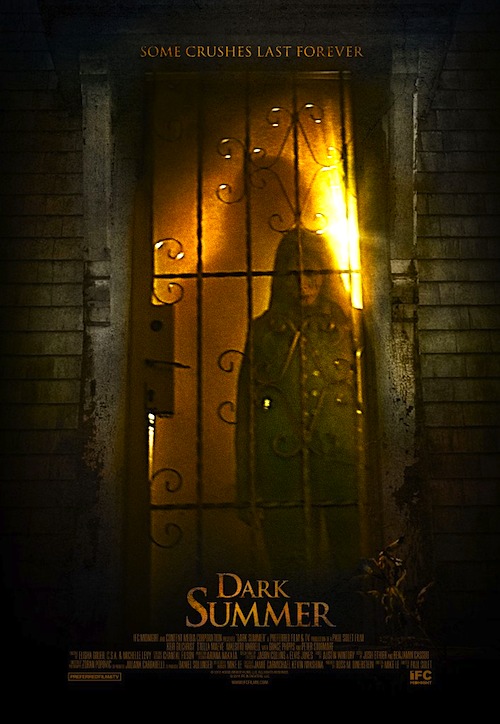 By Joe Bendel. Nikolai Erdman was censored by Stalin’s minions, banished to Siberia, and befriended by Mikhail Bulgakov. His life might sound more conducive to tragedy than farce (although the Bulgakov connection could go either way), but he wrote a truly devastating satire of Stalinist society that was never allowed to be produced in Russia during his lifetime. For her “free adaptation” of The Suicide, Moira Buffini, the playwright and screenwriter of Byzantium, unleashes the slamming doors of stage farce, but retains Erdman’s original bitterly caustic sensibility in Dying for It, which officially opened last night at the Atlantic Theater Company’s Linda Gross Theater.
By Joe Bendel. Nikolai Erdman was censored by Stalin’s minions, banished to Siberia, and befriended by Mikhail Bulgakov. His life might sound more conducive to tragedy than farce (although the Bulgakov connection could go either way), but he wrote a truly devastating satire of Stalinist society that was never allowed to be produced in Russia during his lifetime. For her “free adaptation” of The Suicide, Moira Buffini, the playwright and screenwriter of Byzantium, unleashes the slamming doors of stage farce, but retains Erdman’s original bitterly caustic sensibility in Dying for It, which officially opened last night at the Atlantic Theater Company’s Linda Gross Theater.
Even by the awful standards of the era, Semyon Semyonovich Podeskalnikov is a pathetic loser. Unable to find employment, he sponges off his wife, Maria “Masha” Lukianovna. He bitterly hates himself for it and passive-aggressively torments her for allowing it. After a dubious attempt to reinvent himself as a professional tuba player falls humiliatingly flat, Semyonovich resolves to just do the only decent thing and end it all. Initially, Lukianovna does not believe he could do something so rash, but plenty of others do.
As word spreads (thanks in part to the communal living arrangements and of course alcohol), various dodgy types start pressuring Semyonovich to make his suicide a statement for their cause. Who could believe there were so many disgruntled people in Uncle Joe’s USSR, aside from the embittered priest and once prosperous intellectual, but they start coming out of the woodwork. Even the self-loathing state-sponsored sell-out poet lobbies Semyonovich to kill himself for art. Finally, Semyonovich gets some attention and respect. The only downside is the presumed finality of it all.
One of the most striking aspects of Buffini’s channeling of Erdman is how seamlessly it blends high and low forms of humor. There are plenty of jokes that are easy to get, but there is also quite a bit implied about the state of Mother Russia and human nature—and that is where much of the arsenic lies. Presumably, the less than flattering portrayals of priests and intellectuals could have appealed to the Party’s prejudices. However, throughout the play, starvation, misery, and state indifference are constant realities. The truth is everyone has to prostitute themselves to some extent, just to survive—and those who are most closely aligned with the Party are crying the most on the inside.

As Semyonovich, Joey Slotnick has the perfect sad clown presence, constantly dialing up and down a vast array of unappealing character traits while maintaining the audience’s rooting interest. Clea Lewis, former co-star of the Ellen sitcom, also regularly steals her scenes as Kleopatra “Kiki” Maximovna, an aging seductress hoping Semyonovich will attribute his final exit to her charms, in order to keep up her reputation. C.J. Wilson’s large presence is also felt anchoring the production as the earthy but down-to-earth former soldier Alexander Petrovich Kalabushkin.
It is easy to see from Buffini’s adaptation why Erdman’s Suicide was a non-starter during the Soviet years. First and foremost, laughing at social ills was not exactly the sanctioned dialectal method for advancing history to the next level. Even more fundamentally, it ruthlessly cut through all the pretext and pretense of Party propaganda poppycock. Buffini’s refinements give ample opportunities to a talented ensemble to dig into the material, thrusting and parrying with her razor-sharp words. Highly recommended, the Atlantic’s production of Dying for It runs until January 18th.
Posted on January 9th, 2014 at 1:01pm.
